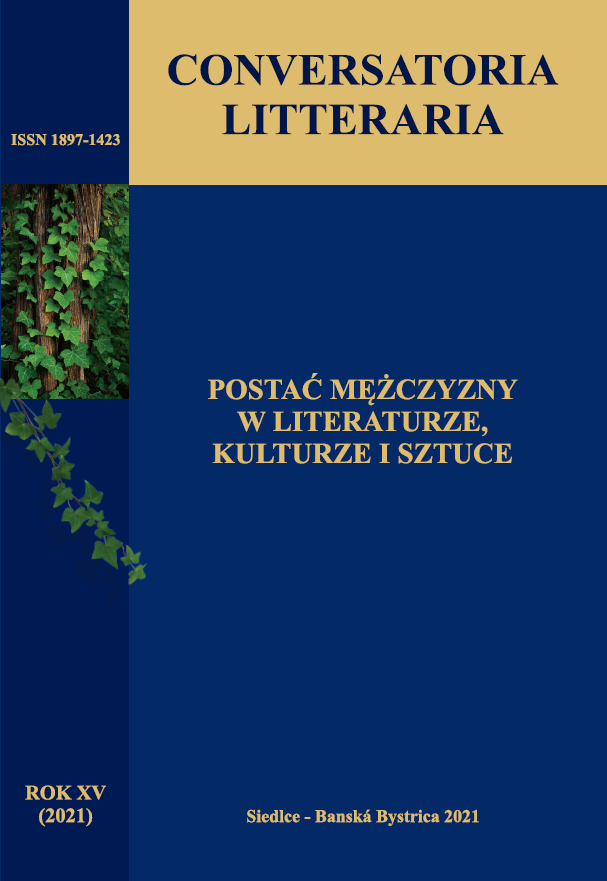Topos lasu w poezji Bolesława Leśmiana. Natura – człowiek – Bóg
DOI:
https://doi.org/10.34739/clit.2021.15.12Słowa kluczowe:
forest, nature, man, symbolism, God, Bolesław LeśmianAbstrakt
The article presents interpretations of poems by Bolesław Leśmian, where a motif of the forest can be found. Initially, the forest in Leśmian's poetry appears as symbolism of spiritual states: melancholy, longing and sadness, which are the characteristic features of the Young Poland poetry, which was primarily patronized by Kazimierz Przerwa-Tetmajer. Then, in the poems from Orchard, he announces the project of a union of human and nature and a turn towards the original instinctuality, the implementation of which the next volume will bring.
Aa essential text is the poem Green Hour. This is the mystery of the existential tragedy of the human who lives on the border between the worlds: nature, human civilization and God. Here we can see the unveiling of the idea of realistic symbolism, which involves the search for mediation between different entities. However, he does not come to it because of the fact that the protagonist of the described events is under the influence of principio individuationis. Only the resignation from this principle - which occurs in the poems of Oak and Desire, and in other works of The Meadow - shows the space of the forest as a place of reconciliation between beings. In the interpretation, it was noticed that Leśmian's cosmogonic concepts were inspired by the philosophical thought of Friedrich Nietzsche and Henri Bergson.




